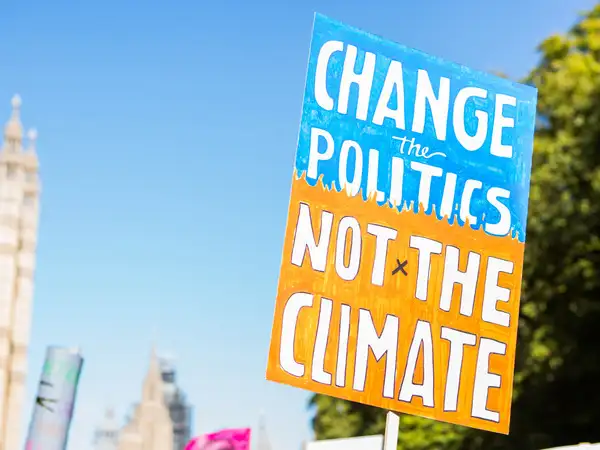

Prime Minister Boris Johnson pledged the UK government will stop financial support for coal overseas.
The UK government will stop providing financial support to coal mining and coal-fired power plants overseas, Prime Minister Boris Johnson has announced at a UK-Africa Investment Summit in London.
Mr Johnson committed to end all support for coal overseas from the aid budget and from the guarantees and loans the government provides to companies investing overseas – known as ‘UK Export Finance’.
Coal is the most polluting fossil fuel and accounts for 30% of the emissions of carbon dioxide responsible for the temperature rises which are pushing people deeper into poverty.
Heads of state and governments from more than a dozen countries in Africa attended the investment summit, which took place on Monday 20 January.
Ask the government to lead the world in tackling climate change
A welcome step from fossil fuels to renewable energy
Sarah Wykes, CAFOD’s climate analyst, said:
“As the UK begins its year of hosting the global climate talks, we welcome the government’s statement that it stands ready to help Africa transition away from fossil fuels towards renewable, sustainable energy.
“Without this we cannot tackle the climate emergency and end the energy poverty that millions of Africans still endure.”
UK must end support for fossil fuels overseas
Research from CAFOD and the Overseas Development Institute has found that 60% of the UK government’s financial support for energy in developing countries went to fossil fuels between 2010-2017.
Almost all of UK export finance support for energy in this period went to fossil fuels – mainly oil and gas.
The Prime Minister indicated in his speech to the Africa investment summit that the government would continue to back companies digging for oil and gas overseas, despite the UK’s commitment to reduce carbon emissions.
Sarah Wykes said:
"Closing the loopholes on current coal investment through UK export finance is a positive step forward. But the UK must show it means business by committing to phase out all forms of public support for fossil fuels overseas.
“Almost 100 per cent of current UKEF energy support goes to fossil fuels and the science shows that further fossil fuel finance is incompatible with any reasonable chance of keeping below the 1.5C limit for dangerous global warming.”
CAFOD Director Christine Allen, who attended the investment summit, said it was “good to see efforts to attract investment in Africa” at the conference, but she was “disappointed not to hear commitments to tackle poverty and inequality”.

